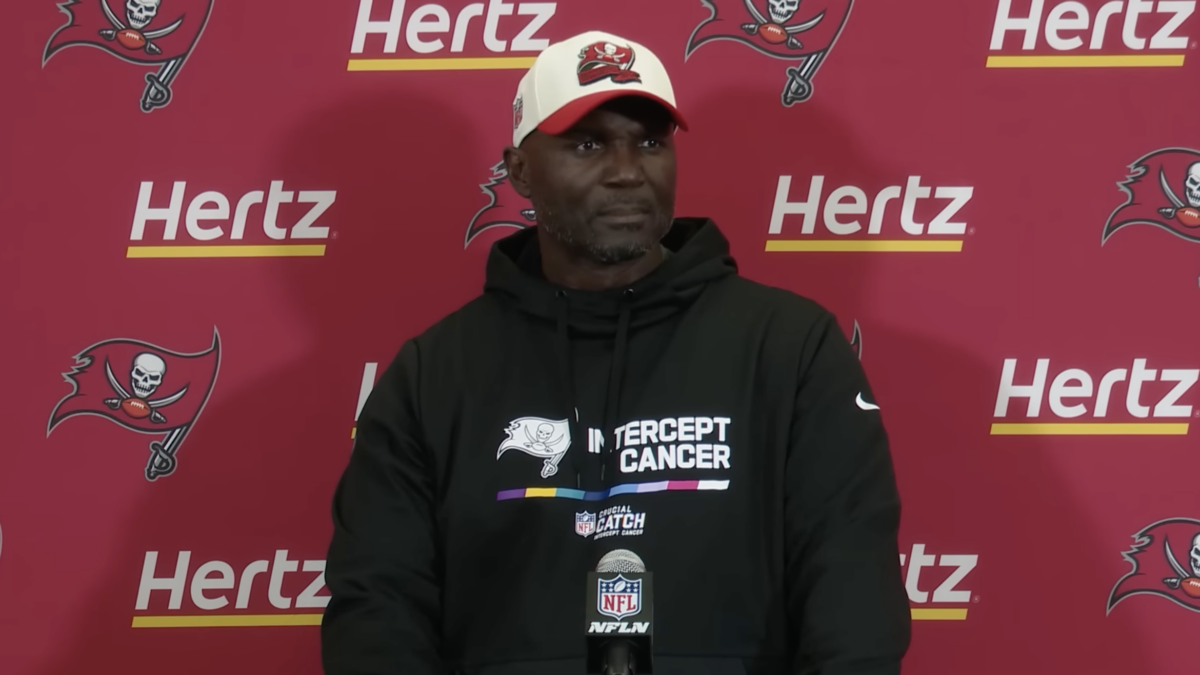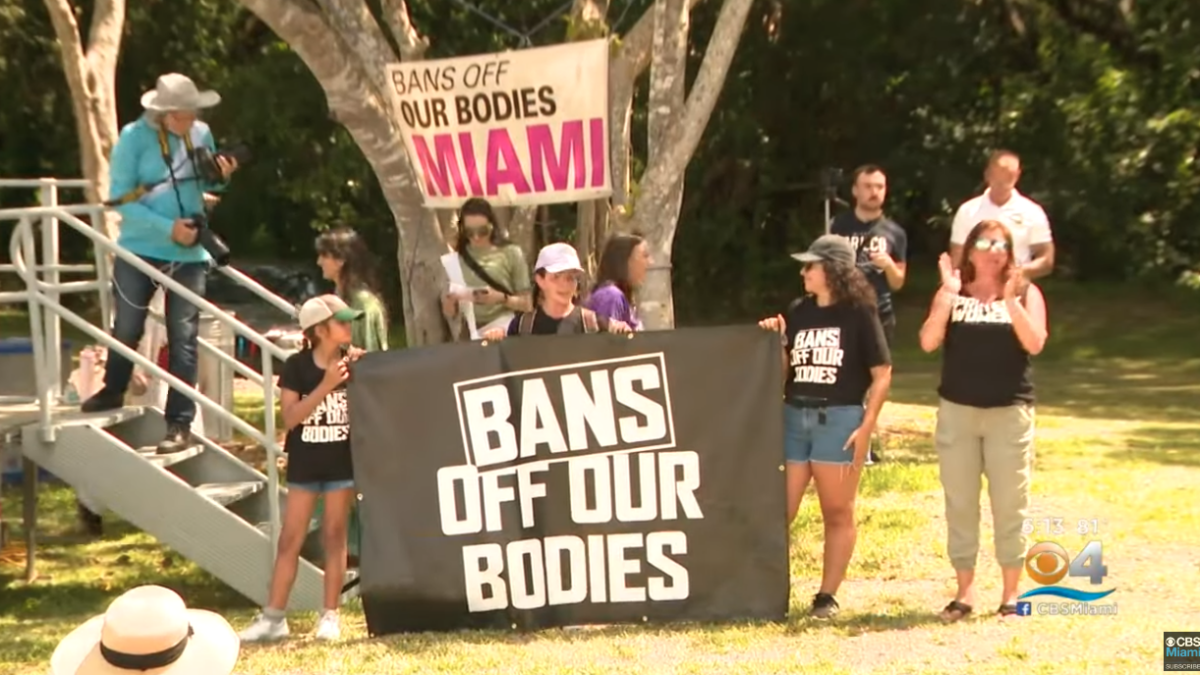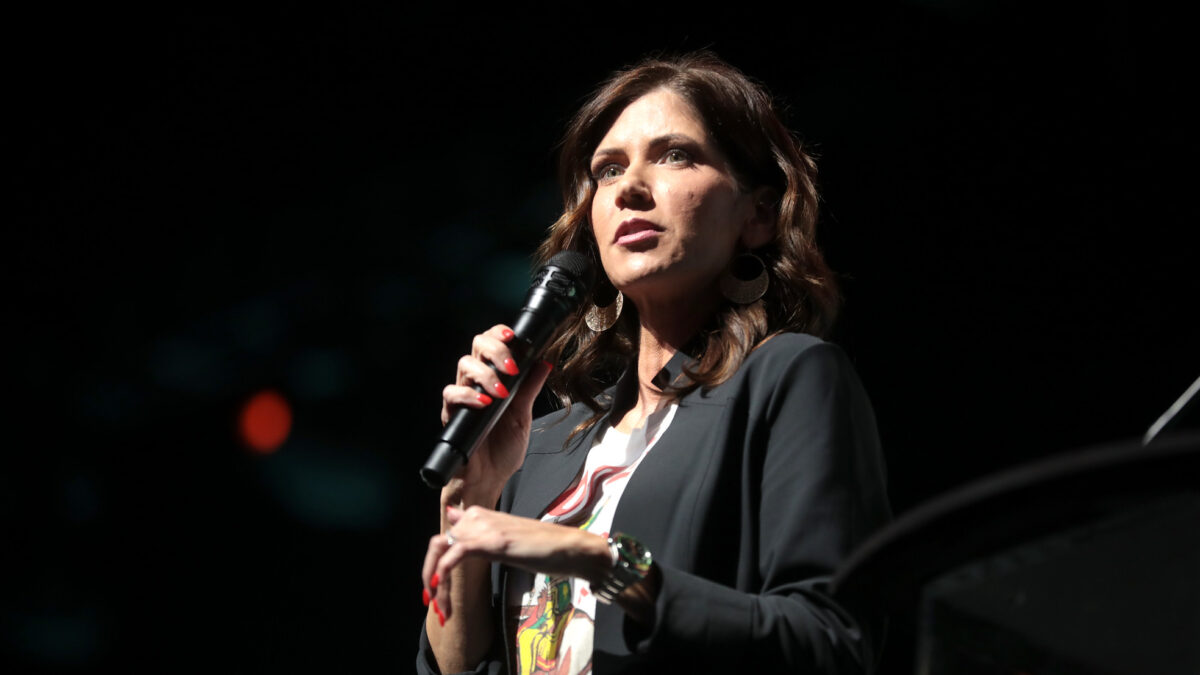Separated by almost two decades, Tampa Bay Buccaneers Head Coach Todd Bowles and award-winning actor Morgan Freeman have issued a plea that woke whites refuse to heed even when issued by the blacks they wish to be perceived as caring about: Please stop dragging race into every public space. It’s not necessary, it’s often out of place, and it’s not helping.
Bowles’ Bucs were set to face the Pittsburg Steelers led by their black coach Mike Tomlin this past weekend, and Steve Wilks, also black, was just named interim head coach of the Charlotte Panthers. So, unsurprisingly, a reporter asked Bowles on Wednesday ahead of the game, “You and Mike Tomlin are the few black head coaches in the league. I wonder what your relationship is like with him and your thoughts on Steve Wilks joining that [group]?”
No doubt the reporter fully expected to draw from Bowles some race-speak role play such as, “I am so proud that blacks are finally gaining these opportunities in the National Football League. It’s been a long time coming, but we’ve still got a long way to go.”
Instead, Bowles responded:
We don’t look at what color we are when we coach against each other. … I have a lot of very good white friends that coach in this league as well, and I don’t think it’s a big deal as far as us coaching against each other. I think it’s normal. … We coach ball, we don’t look at color.
Bowles’ response so discombobulated ESPN’s Jenna Laine, who is white, that she decided to school Bowles on how she thought he should handle race-speak questions posed to him: Did Bowles, Laine wanted to know, “understand that [racial] representation matters” across the league? “You have aspiring coaches and football players, they see you guys — they see someone that looks like them, maybe grew up like them. … That has to mean something.”
Unfazed and unbowed, the soft-spoken Bowles explained, “Well, when you say, ‘They see you guys,’ and ‘look like them and grew up like them,’ it means that we’re oddballs to begin with. … I think the minute you guys stop making a big deal about it, everybody else will as well.”
In Laine’s mind, standard race-speak liberates blacks and advances social justice. But Bowles thinks Laine’s ideas caricature, demean, and infantilize black people. But Bowles’ general complaint, and the one sure to go unheeded by those in the elite chattering classes, is that the news conference participants and their television audience would be better served if race were not mentioned at all.
Morgan Freeman delivered the same message during his 2005 interview with Mike Wallace during Black History Month. Wallace’s reputation as the cool, courageous, and unflappable questioner of the highest-profile interviewees on the planet is well-earned. But Wallace looked lost when Freeman said bluntly that he thinks Black History Month is “ridiculous.”
Black history is “American history,” Freeman said. He asked if Wallace wants a month to celebrate his history, to which Wallace said no. Freeman responded, “Neither do I?” An exasperated Wallace demanded to know from Freeman, “Well, then how are we going to improve race relations?” To which the actor retorted, “Stop talking about it.”
Neither Bowles nor Freeman believes race should never be discussed. But both also believe the wisdom of the ages and thus have learned that sometimes in some places in certain circumstances and on certain subjects, silence is golden. Where the totalitarian application of the Ibram X. Kendi/Robin DiAngelo brand of anti-racism is underway, silence cannot satisfy the virtue-signaling needs of those who seek approval from the regime.
Far-left whites expect blacks to play their dutiful role as the oppressed victims and celebrate the woke whites’ public engagement in the never-ending battle against the systemic racism of the nation we all inhabit. Bowles’ and Freeman’s plea to please just give it a rest runs into the brick wall of urgency endemic to the Kendi/DiAngelo diagnosis of America’s race disease.
As Columbia professor John McWhorter has observed, inclusion among the enlightened (the woke!) requires the catastrophizing of race generally and the seizing of every opportunity to always exhibit exquisite sensitivity to people of color as people of color — whether they want it or not.
Bowles and Freeman know they are black. But both also know there is much more to them, the work they do, and the world around them than the color of their skin. But woke whites have no time for all that. Both Bowls and Freeman are highly accomplished professionals in their respective fields, but conversations about their areas of expertise or just their thoughts and feelings as human beings do not interest woke whites. That’s the frustration that lies behind Freeman’s and Bowles’ refusal to play ball with them.
Proper race-speak has achieved Orwellian levels of enforcement within the sub-cultures so-called “anti-racists” inhabit. Their superiors expect them to talk about skin color at every opportunity, or else. For some woke whites, race-speak has achieved the status of common sense that Italian Communist Antonio Gramsci deemed necessary to a successful cultural revolution — uncoerced, reflexive conformity.
Are reporters like Laine teachable on this subject? Time will tell. But if so, the first requirement will be to heed the pleas of Bowls and Freeman: Be quiet about race for a while. Talk about something else. Or be quiet and just listen. You might marvel at what you’ll learn.









